Best movies like Last Man in Dhaka Central (The Young Man Was, Part 3)
A unique, carefully handpicked, selection of the best movies like Last Man in Dhaka Central (The Young Man Was, Part 3) . If you liked Last Man in Dhaka Central (The Young Man Was, Part 3) then you may also like: The Ugly American, Winter in Wartime, Katie Tippel, China Gate, Tobruk and many more popular movies featured on this list. You can further filter the list even more or get a random selection from the list of similar movies, to make your selection even easier.
The film unspools the story of Peter, a Dutch man who arrived in Bangladesh in 1973 to report on revolutionary left movements in the new country, and was eventually imprisoned in 1975 by a new military government. Accused of planning a secret leftist uprising, Peter was released after a year of campaigns by Dutch activists.
You may filter the list of movies on this page for a more refined, personalized selection of movies.
Still not sure what to watch click the recommend buttun below to get a movie recommendation selected from all the movies on this list
Winter in Wartime
During World War II in the freezing winter of 1944-45 the western Netherlands are in the grip of a famine. Many people move east to provide for their families. Fourteen year old Michiel can't wait to join the Dutch resistance, to the dismay of his father, who, as mayor, works to prevent escalations in the village.
Katie Tippel
In the late 19th century, a young woman moves to Amsterdam with her family and tries to make a living. Preyed upon by various men, she nonetheless rises in society.
China Gate
Near the end of the French phase of the Vietnam War, a group of mercenaries are recruited to travel through enemy territory to the Chinese border.
Tobruk
In September 1942, the German Afrika Korps under Rommel have successfully pushed the Allies back into Egypt. A counter-attack is planned, for which the fuel dumps at Tobruk are a critical impediment. In order to aid the attack, a group of British commandos and German Jews make their way undercover through 800 miles of desert, to destroy the fuel dumps starving the Germans of fuel.
Permission to Kill
Western intelligence agents try, by all means necessary, to prevent a Communist-bloc defector from leaving the West in his bid to return home to lead an uprising.
Grierson
This feature film is a portrait of John Grierson, the first Canadian Government Film Commissioner and founder of the National Film Board in 1939. Interweaving archival footage, interviews with people who knew him and footage of Grierson himself, this film is a sensitive and informative portrait of a dynamic man of vision. Grierson believed that the filmmaker had a social responsibility, and that film could help a society realize democratic ideals. His absolute faith in the value of capturing the drama of everyday life was to influence generations of filmmakers all over the world. In fact, he coined the term "documentary film."
The Strawberry Statement
A college student joins a group of revolutionaries to meet girls but ends up committed to their goals.
Ice
An underground revolutionary group struggles against internal strife to stage urban guerilla attacks against a fictionalized fascist regime in the United States. Interspersed throughout the narrative are rhetorical sequences that explain the philosophy of radical action and restrain the melodrama inherent in the thriller genre.
Man on a Tightrope
Elia Kazan's 1953 film stars Fredric March as the owner of an impoverished circus in Communist-ruled Czechoslovokia who plots to flee across the border to freedom, taking his entire troupe of performers and wild animals with him. The cast also includes Gloria Grahame, Terry Moore, Cameron Mitchell, Richard Boone and Adolphe Menjou.
Tula: The Revolt
Tula, a slave on the island of Curacao, is becoming more and more aware of the injustice existing between his people and the white oppressors. His peaceful resistance inspires his people to unite in a passionate struggle for equality, freedom and brotherhood.
Bopha!
In this story of a black policeman during South African apartheid, Danny Glover plays the cop, who believes he's trying to help his people, even while serving as a pawn of the racist government. When his son gets involved in the anti-apartheid movement, he finds himself torn between his family and what he believes is his duty.
Count Five and Die
Dutch patriots, a U.S. officer and a British spy fool the Nazis with a fake Soho film company.
The Hiding Place
The Hiding Place is an account of a Dutch family who risk their lives by offering a safe haven for Jews during World War II
Underground
Underground is a 1976 documentary film about the Weathermen, founded as a militant faction of the Students for a Democratic Society (SDS), who fought to overthrow the U.S. government during the 1960s and 1970s. The film consists of interviews with members of the group after they went underground and footage of the anti-war and civil rights protests of the time. It was directed by Emile de Antonio, Haskell Wexler and Mary Lampson, later subpoenaed by the Federal Bureau of Investigation in an attempt to confiscate the film footage in order to gain information that would help them arrest the Weathermen. (Wikipedia)
Destination Nicaragua
Documentary about a group of Americans who go to Nicaragua to learn about the conflict between the Contras and the Sandinistas.
To Kill a Priest
A young priest speaks out against the Communist regime in Poland and is killed for it.
Dolores
Dolores Huerta bucks 1950s gender conventions by starting the country's first farm worker's union with fellow organizer Cesar Chavez. What starts out as a struggle for racial and labor justice, soon becomes a fight for gender equality within the same union she is eventually forced to leave. As she wrestles with raising 11 children, three marriages, and is nearly beaten to death by a San Francisco tactical police squad, Dolores emerges with a vision that connects her new found feminism with racial and class justice.
Doublecrossed
Based on a true story, this made-for-cable film tells about Barry Seal, a pilot who was a drug smuggler for the infamous Medellin cartel out of Colombia. He was caught by the US Drug Enforcement Administration (DEA) and decided to turn over and help the DEA break the cartel. However, he got caught in the middle of the Reagan/Bush administration efforts to topple the Nicaraguan government in the '80s, in which Nicaraguan rebels called "contras" were allowed to smuggle cocaine into the US in exchange for their fighting against the leftist Nicaraguan government. Eventually Seal was murdered by his former Medellin employers, and some critics say it was with the tacit, if not implicit, connivance of the US administration.
Dipu Number 2
An adventure story for young boys, Dipu Number Two is the second film of a talented director from Bangladesh who is one of the few who concentrate on quality filmmaking in a country with a rich commercial film industry. The story is taken from a youth-oriented novel in which Dipu, a boy belonging to the educated class, is teased by the school bully but eventually forms a deep relationship with him. The rest is totally escapist in nature, including a scene in which the two youths manage to capture single-handedly an entire group of robbers.
The Girl with the Red Hair
During the second world war law student Hannie Schaft is a member of the Dutch resistance movement.
Line of Fire
The story of Dutch commando Marco Kroon, who, after becoming the first recipient of his country's highest military award in over five decades, finds himself in the crosshairs of the law for alleged drugs and weapons violations.
Love Comes Quietly
Love Comes Quietly (aka Angela) tells the story of a free-spirited girl who was born in the wrong place at the wrong time. In the 1920s, even the somewhat more tolerant people of the Netherlands (relative to the rest of Europe) did not easily suffer the open flouting of the rules of society. Cheerful and optimistic, Angela (Barbara Hershey) defied the conventions of her conservative Dutch family by traipsing about the countryside with her lover, living on what turned up each day. However, even for the sunniest of optimists such an idyll can have tragic consequences.
Kamp Holland
In the confused melee that follows a roadside bomb attack on their convoy in Afghanistan, a Dutch soldier opens fire on a suspect Afghan, only to find that this killing unleashes a chain of dramatic events that will cast a long shadow over the lives of all initial survivors.
The Silent Raid
In 1944 Leeuwarden, the Netherlands, a band of Dutch resistance fighters plot to covertly rescue dozens of compatriots from the local Nazi prison.
Naked Over the Fence
Rick Lemming (Rijk de Goyer) lives in the heart of Amsterdam, where he holds a dovecote and a saloon with slot machines. His best friend Ed Svaan, the champion of karate in the Netherlands, is deeply in love with singer Lily (Sylvia Christelle). With the help of Ed, Lilly concludes a contract with a television director who assures everyone that he will make a high-profile film. Rijk wants to check where his boyfriend and girlfriend are being drawn in and secretly watches the shootings. In fact, a pornographic film is being shot.
The Sacrifice Zone
During the 1973 occupation at Wounded Knee, two activists, Marvin and Bud "One Bull", are arrested and thrown in jail. Filled with righteous indignation, Bud fights with his captors while Marvin, is mourning his wife, Anna Ward, who died in a car accident months earlier. Claire Chapman, a young lawyer assigned to defend Bud and Marvin, investigates. The three of them will discover their case is part of a massive conspiracy involving the federal government and big business. Meanwhile, in jail, an advisor from the Nixon Administration, a sitting Senator, and even a famous Hollywood actor visit Marvin and Bud. What secret was Anna Ward hiding before she died? What do the activists know?
If a Tree Falls: A Story of the Earth Liberation Front
Filmmaker Marshall Curry explores the inner workings of the Earth Liberation Front, a revolutionary movement devoted to crippling facilities involved in deforestation, while simultaneously offering a profile of Oregon ELF member Daniel McGowan, who was brought up on terrorism charges for his involvement with the radical group.
Berkeley in the Sixties
A documentary about militant student political activity at the University of California, Berkeley in the 1960s.
Burma VJ: Reporting from a Closed Country
Going beyond the occasional news clip from Burma, the acclaimed filmmaker, Anders Østergaard, brings us close to the video journalists who deliver the footage. Though risking torture and life in jail, courageous young citizens of Burma live the essence of journalism as they insist on keeping up the flow of news from their closed country.




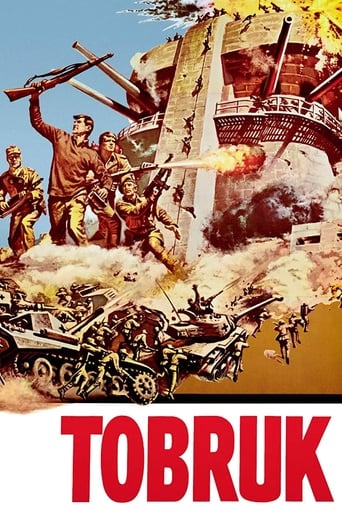

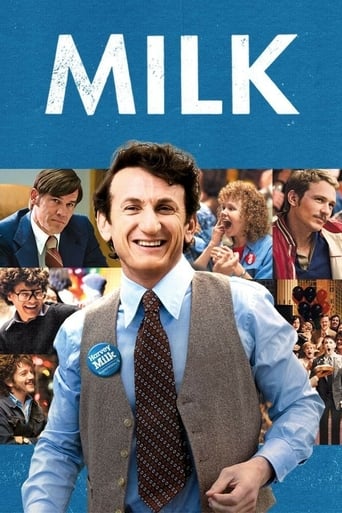
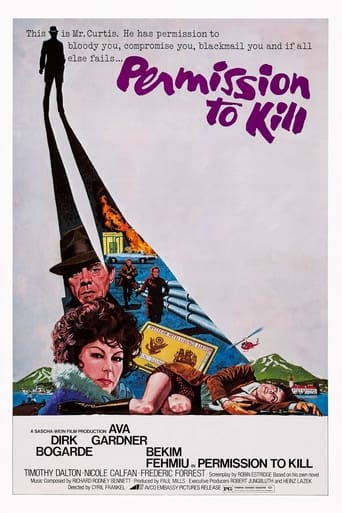

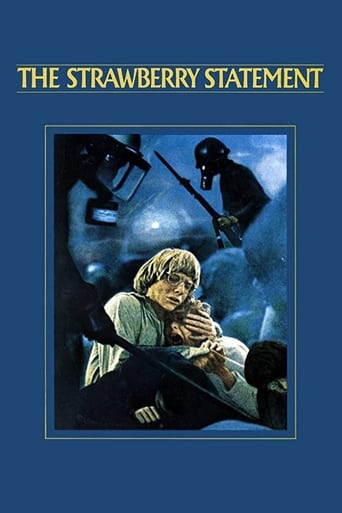







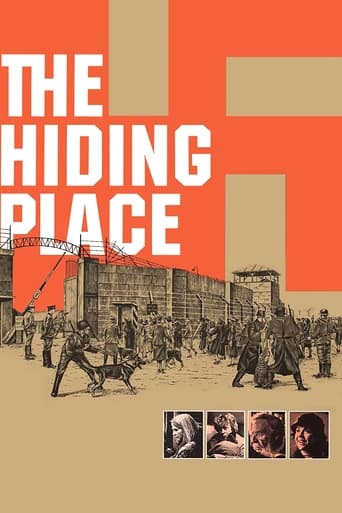


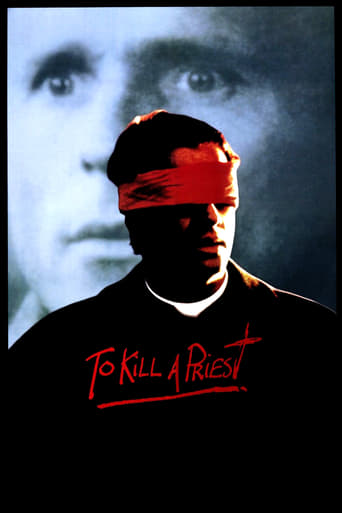


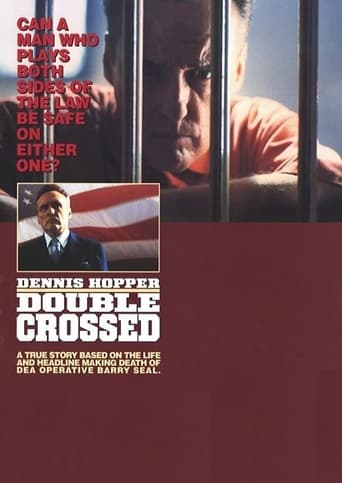

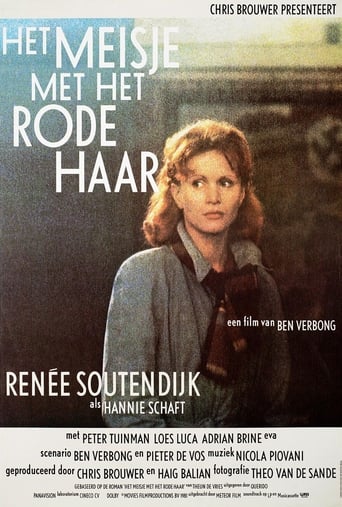






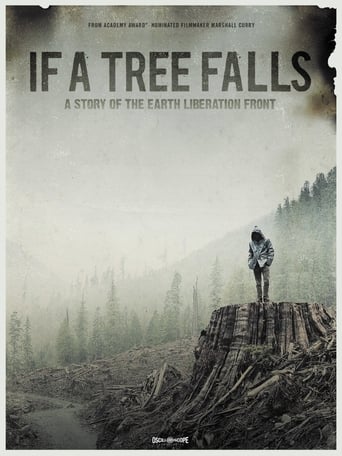
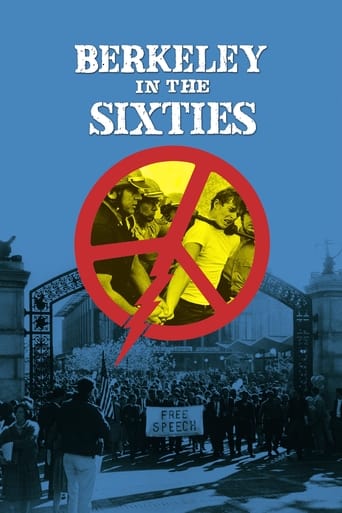
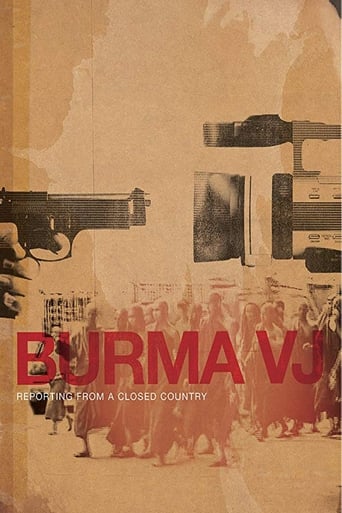

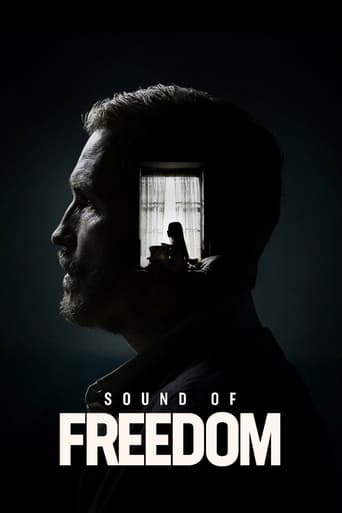
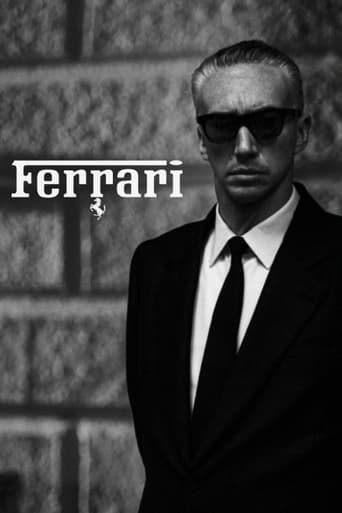
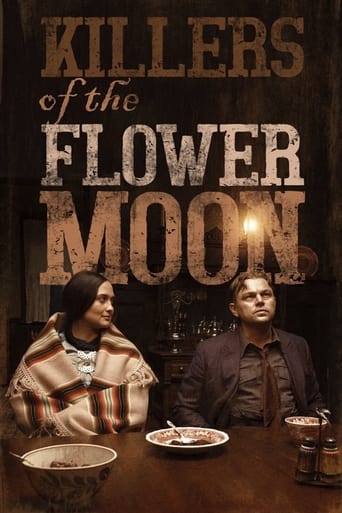
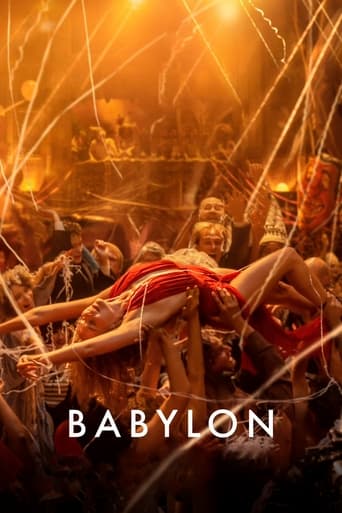
The Ugly American
An intelligent, articulate scholar, Harrison MacWhite, survives a hostile Senate confirmation hearing at the hands of conservatives to become ambassador to Sarkan, a southeast Asian country where civil war threatens a tense peace. Despite his knowledge, once he's there, MacWhite sees only a dichotomy between the U.S. and Communism. He can't accept that anti-American sentiment might be a longing for self-determination and nationalism. So, he breaks from his friend Deong, a local opposition leader, ignores a foreman's advice about slowing the building of a road, and tries to muscle ahead. What price must the country and his friends pay for him to get some sense?